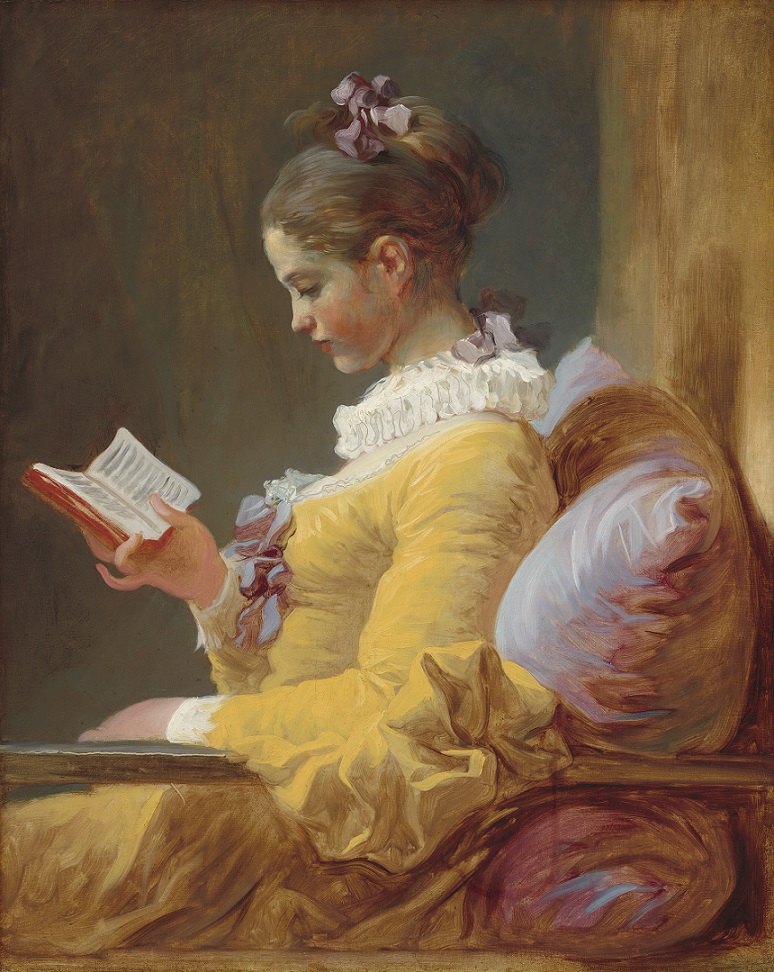Elizabeth Hardwick does not use clichés or write with condescension. She has her own style and if a supposed essay by Hardwick were to turn out to have been created by AI then literature will probably have reached a dead end.

Sean Sheehan
In “The art of the essay”, the first piece in “The uncollected essays of Elizabeth Hardwick”, she refers to ‘the soloist’s personal signature flowing through the text’ and her own very distinctive voice is heard in these essays.
Born in 1916 in Lexington, Kentucky, she grew up with people who “imagine themselves Southern, imagine themselves white people” in the fond belief that this is an answer to the question of who they are.
She sees them as like the Aztecs with their bird god – “prophecies that brought unceasing pain were nevertheless a daily consolation”– but this does not sour her memories. Her recall of the place borders on the wistful, attuned to Wordworth’s “still, sad music of humanity”, unfazed by the town’s banal mediocrity.
Maine was a place she liked to get away to, responding to its slow spring awakening and finding “a puritanical remnant in its pleasures”; she learns that “you can wait – and also you can do without”.
 Hardwick pins down the enigmatic presence that particular individuals possess: Faye Dunaway on the screen – she is thinking of Chinatown – “creates unease, a dislocation of feeling” because of the way the actor arrests attention through negation: “By what she is not”: a smoothly flat face; eyes resisting the viewer’s empathy; a voice that says very little (“many silences, black hats”); “expressing a solitariness that is unusual, anti-romantic”.
Hardwick pins down the enigmatic presence that particular individuals possess: Faye Dunaway on the screen – she is thinking of Chinatown – “creates unease, a dislocation of feeling” because of the way the actor arrests attention through negation: “By what she is not”: a smoothly flat face; eyes resisting the viewer’s empathy; a voice that says very little (“many silences, black hats”); “expressing a solitariness that is unusual, anti-romantic”.
“The Émigré”, an essay about the contributions to the US made by immigrants, was written in 1983 and it gives a grim weight to her use of the word ‘rare’ in its final sentence: “What we offered to them and what we received in return was accomplished with rare historical and human balance.”
Three years later, she composes a put-down of the Southern racist, George Wallace that is visionary: “His rhetoric is shrewd in understanding resentment, but it promises nothing except the pleasure of winning a gang fight.”
She understands populism’s appeal, tapping into disgruntled, unhappy lives: “Someone’s got to answer for the joylessness.”
She sees the value of routine and repetition – without it each new day would see “an exhausting need for discovery and experiment” and most of us, she surmises, “could not bear to get up without the sigh of a blessed monotony to carry us through part of each hour”.

But not when it leads to fixed ideas of ourselves and those around us.
To think “we have it all properly and finally placed forever” –says someone whose husband of 23 years would abandon her abruptly for another woman– “is death”. Hardwick did not die from a broken heart and outlived him by 30 years.
“The uncollected essays of Elizabeth Hardwick”, edited by Alex Andriesse, is published by New York Review of Books.












.jpg)












